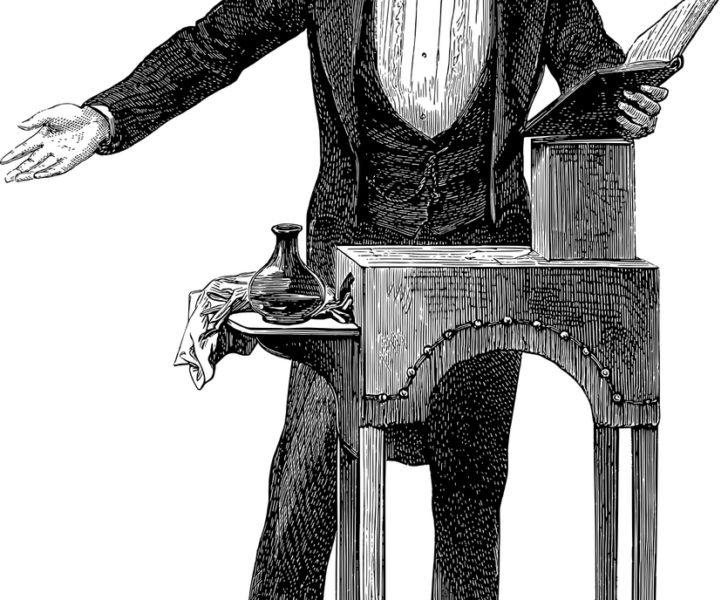George Orwell: A Deep Dive into the Life and Works of a Literary Giant

George Orwell, born Eric Arthur Blair, is widely regarded as one of the most influential writers of the 20th century. His insightful works explore themes of totalitarianism, social injustice, and the corruption of power. In this article, we will delve into the life and evolution of George Orwell, providing a comprehensive understanding of his impact on literature and society.
1. Introduction:
George Orwell was born on June 25, 1903, in Motihari, Bihar, India. His father worked in the Indian Civil Service and Orwell spent his early years in British India. After completing his education in England, Orwell joined the Indian Imperial Police in Burma. However, his time in this role would leave a lasting impression on his political and literary beliefs. Orwell’s experiences with imperialism and its inherent injustices would shape his future writings.
2. Early Life and Influences:

Orwell’s early life was marked by various influences that shaped his worldview. Growing up, he witnessed the stark social inequalities of British colonial rule in India. Orwell’s father’s position in the colonial administration exposed him to the realities of power and its abuse. These experiences instilled in him a deep sense of empathy for the underprivileged and a rebellious spirit against oppressive systems.
3. Literary Career and Evolution:
Orwell’s literary career commenced in the late 1920s. His first book, “Down and Out in Paris and London,” published in 1933, extensively drew upon his firsthand experiences of poverty and homelessness. This memoir served as a precursor to the themes Orwell would later explore in his more famous works.
In 1936, Orwell fought alongside the Republican forces during the Spanish Civil War, an experience that would further solidify his opposition to fascism and totalitarism. His eyewitness account of the war, “Homage to Catalonia,” delved into the complexities of the conflict and exposed the betrayal of the revolution by Stalinist forces.
Orwell’s most renowned works, “Animal Farm” (1945) and “Nineteen Eighty-Four” (1949), catapulted him into literary stardom. “Animal Farm” is a political allegory that satirizes the Russian Revolution and warns against the dangers of totalitarianism. “Nineteen Eighty-Four” is a dystopian novel that envisions a future society governed by omnipresent surveillance, censorship, and thought control.
4. Themes and Significance:
Orwell’s works revolve around the themes of political oppression, state control, and the manipulation of truth. His writing resonates with readers, as it portrays the potential dangers of unchecked power and the erosion of individual liberty. Orwell’s perceptive critique of authoritarian regimes, embodied in vivid imagery and compelling narratives, holds immense significance even in modern times.
In addition to his fiction, Orwell’s essays provide invaluable insights into various social and political issues of his era. His collection of essays, “Shooting an Elephant,” “Politics and the English Language,” and “Why I Write,” are regarded as timeless classics, offering profound reflections on the role of language, propaganda, and personal motivations.
5. Legacy and Impact:
George Orwell’s literary legacy is unparalleled. His works continue to inspire generations of readers, activists, and scholars. The term “Orwellian” has become synonymous with a totalitarian society marked by surveillance, thought control, and the manipulation of truth. Orwell’s ability to weave powerful narratives with profound social commentary remains a testament to his enduring relevance.
In conclusion, George Orwell’s life and works have left an indelible mark on the literary and political landscape. Through his incisive analysis of power, society, and language, Orwell’s writings continue to provoke critical thinking and challenge oppressive systems. As art lovers and collectors, exploring the works of George Orwell offers an opportunity to engage with timeless themes and appreciate the power of literature in shaping our understanding of the world.











